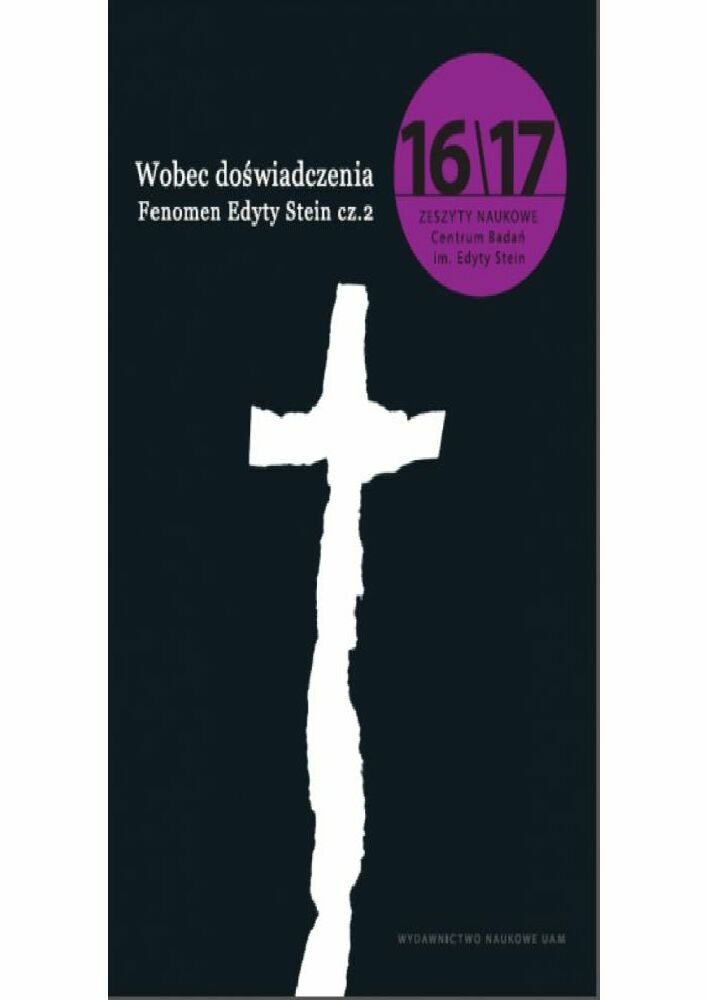Abstrakt
In this article I discuss St. Augustine’s conception of divine or eternal ideas (rationes divinae or aeternae) in respect to its implications concerning the notion of eternity. The analysis of a passage of De diversis octoginta tribus quaestionibus – a classical formulation of the conception of rationes aetearnae – is contrasted with the XX-century exposition of the problem presented in Edith Stein’s Endliches und ewiges Sein. Versuch eines Aufstiegs zum Sinn des Seins. I discuss parallels between these two conceptions, drawing conclusionsregarding their similarity. An important common denominator in both approachesis the intelligibility of God understood as Logos that manifests itself in creation and canbe an object of human cognition. Eternity is understood not only as an unending state ofconstant timelessness, but also as an cognitive activity of visio beatifica orientated towardsntelligible God.
